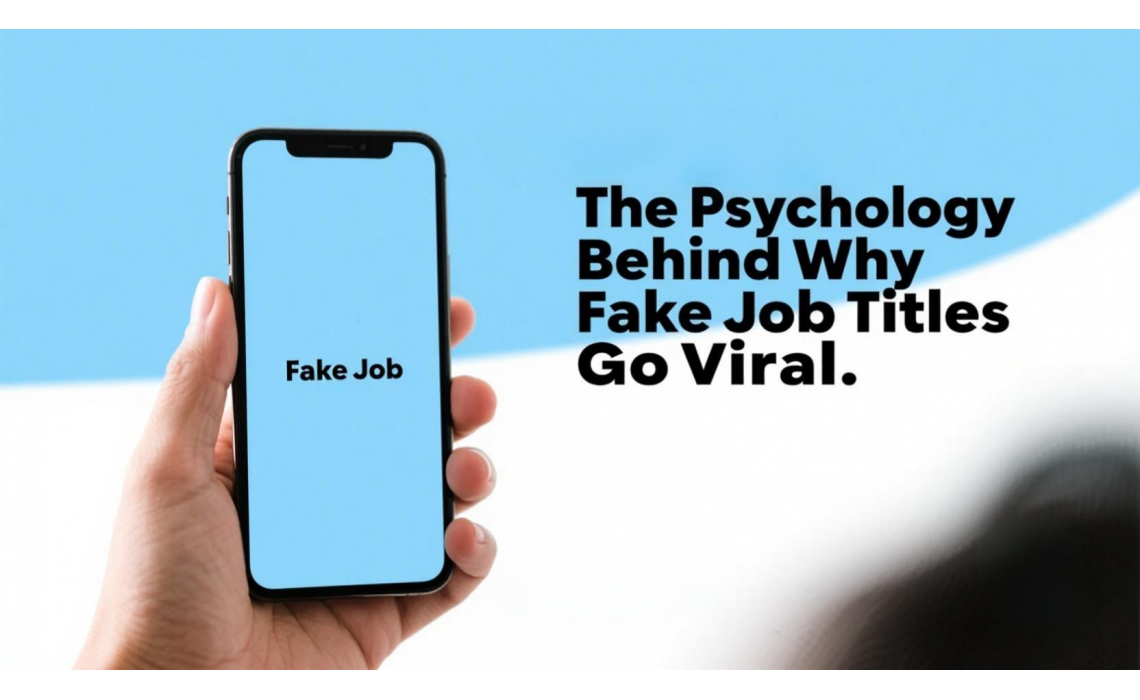The Psychology Behind Why Fake Job Titles Go Viral
The Psychology Behind Why Fake Job Titles Go Viral
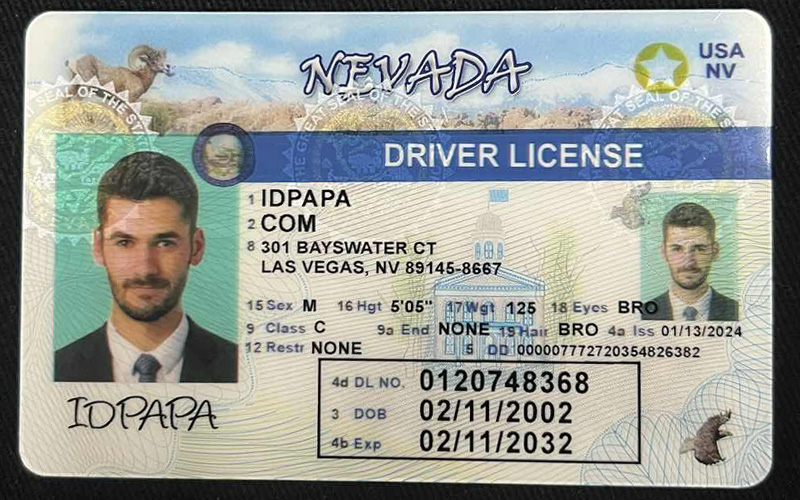
In an era where internet culture thrives on relatability, absurdity, and rapid visual storytelling, one trend continues to explode across social media platforms like TikTok, Instagram, and Slack channels: fake job titles. Whether it's “Chief Vibe Officer,” “Director of Overthinking,” or “Intern of Snacks,” these made-up roles are more than just jokes; they’re a form of expression, connection, and digital identity.
But why do they go viral so easily? What makes a fake title instantly likable, shareable, and meme-worthy? The answer lies deep in psychology, humor theory, and our human desire for both structure and rebellion.
1. They Disrupt Expectations And Our Brains Love That
Humor psychologists call it the “benign violation theory.” We laugh when something violates a social norm in a safe and non-threatening way. Fake job titles do exactly that. Think about it: we’re used to seeing professional titles that sound serious and standardized. They convey hierarchy, responsibility, and credibility. So when someone walks in wearing a badge that says “Senior Nap Strategist” or “VP of Petty Complaints,” our brain does a double-take. It’s an absurd mismatch between what we expect and what we see, one that instantly amuses us.
This kind of humor is powerful because it’s safe, relatable, and refreshingly subversive. It’s unexpected, harmless rebellion against workplace seriousness, and that little disruption triggers engagement. In a world overloaded with content, the unexpected always wins attention. Whether it’s a name tag at a conference or a fake LinkedIn title, these little twists on professionalism make us pause, laugh, and want to share the moment with others.
2. They Create an Instant Social Script
Humans love shortcuts for social understanding. A job title tells us who someone is and what they do. When you label yourself “Manager of Awkward Silences” in a Zoom meeting or post a photo with a badge that reads “Emotional Support Intern,” you’re not just being funny—you’re creating a narrative shortcut for how others should perceive and interact with you. It saves time, sets a tone, and invites a specific kind of response or engagement without needing to explain anything in detail.
In short: fake job titles provide a character. And the internet? It’s a stage full of characters. Whether you're performing in a skit, joining a group chat, or making your bio stand out, these job titles offer a clear persona that people can immediately latch onto. They give the audience cues this person is sarcastic, self-aware, or here to joke—which is crucial in online spaces where tone can be hard to read and attention spans are short.
This is especially powerful in short-form content (like TikTok), where every second matters. A clever title lets viewers instantly “get” the joke or persona, even before a word is spoken. It's like costume design for your identity—efficient, expressive, and instantly engaging. These badges and bios don’t just label—they speak, perform, and invite interaction in the blink of an eye.
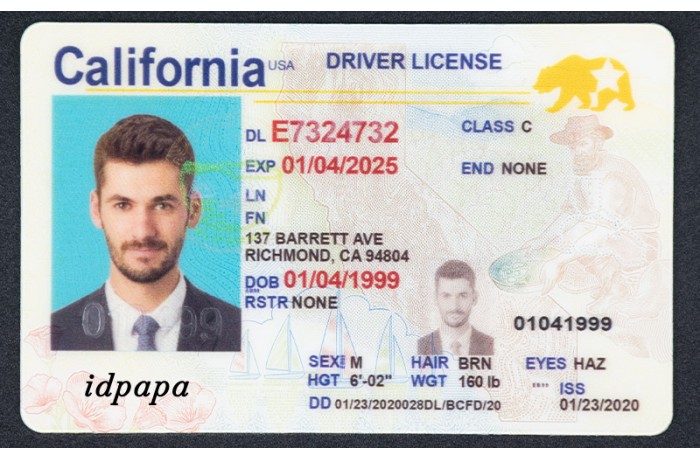
3. They Make People Feel Seen
The best fake job titles tap into real emotions, daily struggles, or unspoken roles people play. Titles like “Head of Mental Health Breaks,” “Coordinator of Last-Minute Chaos,” and “Executive Procrastination Officer” resonate because they reflect truths we rarely say out loud. These aren’t just jokes—they’re reflections of how we actually feel in everyday life, especially in environments like work, school, or online spaces where emotional labor often goes unacknowledged.
They offer validation disguised as comedy. When someone wears a badge or posts a title that exaggerates their unofficial duties or personal quirks, it signals, “You’re not alone—we’re all faking it together.” This kind of humor helps people laugh at their struggles while subtly validating them. It's not mean-spirited or mocking; it’s inclusive and affirming, which makes it feel good to share.
And when people feel seen, they’re more likely to like, comment, and share. Engagement skyrockets when the content hits a nerve—especially if it delivers that recognition wrapped in humor. It becomes more than just funny; it becomes relatable. People tag friends, recreate the joke with their own spin, or adopt it as a social identity online. In doing so, the joke becomes a shared experience.
This is why fake job titles aren’t just a trend—they’re emotional micro-memes, carrying big meaning in just a few words. They travel fast because they speak to collective truths in clever ways. In a world where attention is currency and connection is everything, these tiny, funny labels do what a thousand-word post often can’t: make people feel understood in an instant.
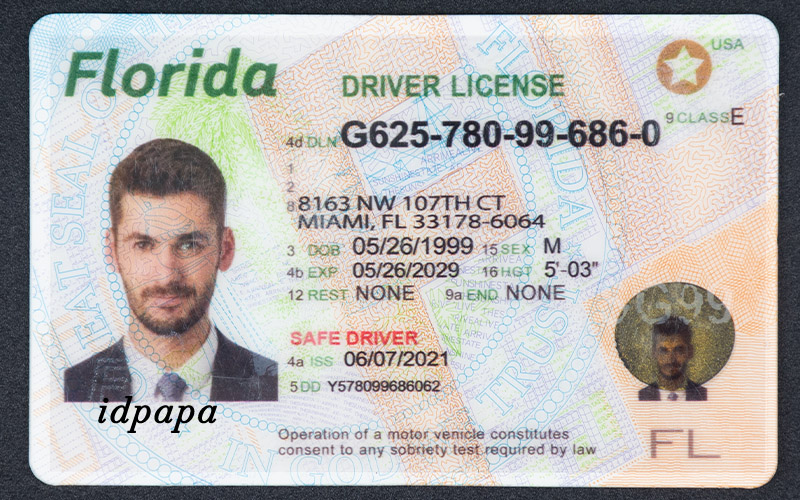
4. They Are a Safe Form of Self-Expression
In a world where online identity is curated and careers are part of personal branding, fake job titles let people express themselves without consequence. There’s no risk in calling yourself “Chief Energy Vampire” if everyone knows it’s a joke. It’s a way to vent, to play, or to parody real-life power dynamics—especially in work or school settings. Unlike real titles, these humorous ones don’t come with expectations or accountability, which gives people room to explore different sides of themselves.
On social platforms, these titles let people be:
Ironically professional—mocking corporate language while mimicking its structure.
Creatively rebellious—challenging hierarchies and norms with satire.
Satirically self-aware—poking fun at their own flaws or roles in a relatable way. This form of expression allows people to be honest about their reality while dressing it in humor, making vulnerability feel playful instead of heavy.
And that sweet spot between professional and parody is exactly what modern humor loves. The digital world thrives on content that feels authentic but not too serious, funny but not cruel, and clever but accessible. Fake job titles embody all of this—they’re witty, personal, and socially safe. That’s why people love wearing them, posting them, and turning them into part of their online persona.
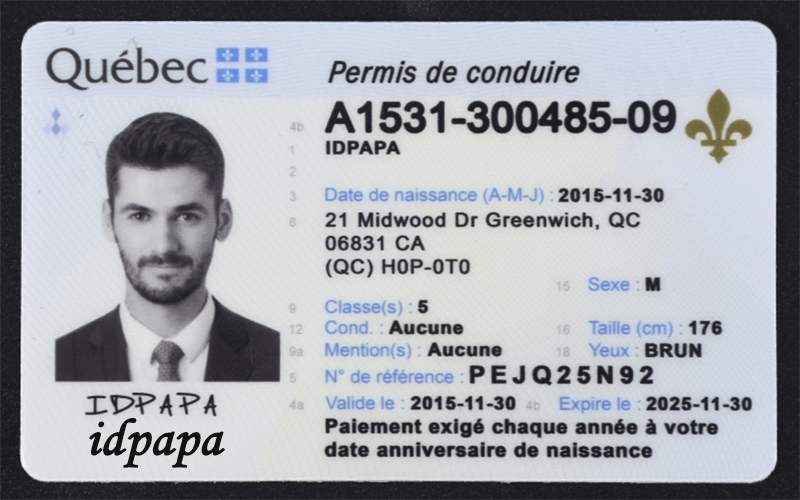
5. They’re Instantly Replicable and Personalizable
Virality isn’t just about what’s funny—it’s about what people can copy and adapt. Fake job titles are like templates for creativity. One person posts their ID that says “Director of Snacks,” and hundreds follow with their own twists: “CFO of Chips,” “Head of Hot Sauce Security,” “Senior Manager of Midnight Cravings,” and so on. The format is simple, familiar, and endlessly customizable. Anyone can jump in and make it their own, no matter their humor style or platform of choice.
This replicability fuels the remix culture that platforms like TikTok and Instagram thrive on. Every viewer becomes a potential creator. They don’t just laugh—they participate. And in the process, the trend spreads not just by watching but by joining in. It turns into a viral loop, where each iteration inspires another. The more people engage, the more it evolves, and the more personal—and hilarious—it becomes.
Final Thoughts: The Power of a Name
Sure! Here’s the final section expanded with your original message plus a natural transition into a call-to-action about how to get your own fake job title badge, including how to pay
Fake job titles may seem silly, but they tap into powerful psychological forces—humor, relatability, self-expression, and identity. In just a few words, they create characters, tell stories, and invite others into a shared laugh. These aren't just quirky labels—they're digital icebreakers, micro-performances, and conversation starters that allow people to showcase their wit and worldview.
That’s why they go viral. Not because they’re random, but because they speak to something real in a way that feels safe, clever, and communal. In a content-saturated world, fake job titles offer a moment of recognition, connection, and comic relief.
So next time you see someone introduce themselves as the “Executive of Eyerolls” or “Manager of Vibes,” remember: they’re not just being funny.
They’re connecting, performing, and going viral—one ridiculous title at a time.
Want Your Own Custom Fake Job Title ID?
It’s easy to create yours using IDPapa Shipping Policy, the #1 tool for personalized, hilarious, and totally safe novelty badges. Perfect for TikTok skits, team events, parties, or gifting.
![]() How to Order:
How to Order:
1.Visit IDPapa
2.Choose a template (or build from scratch)
3.Add your fake name, title, and photo
4.Preview and confirm
5.Pay securely with PayPal, Credit/Debit Card, or Mobile Wallets
6.Get your ID delivered digitally or shipped to your door!
![]() Your fake job title might be a joke, but the fun? That’s 100% real.
Your fake job title might be a joke, but the fun? That’s 100% real.

